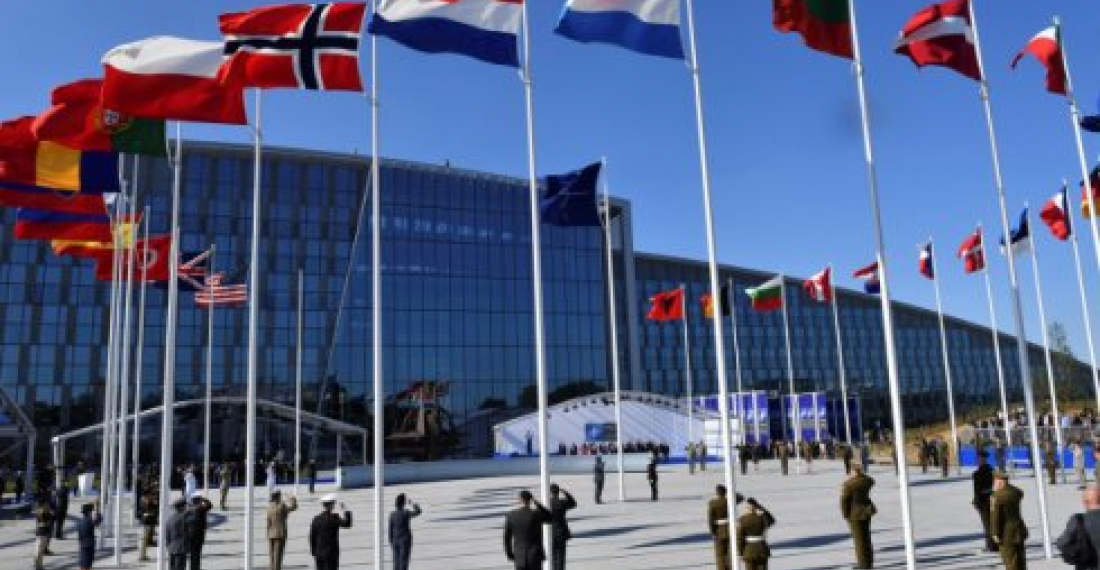NATO is pushing ahead with concrete plans to prepare for a possible worsening of the corona pandemic. "NATO is preparing for a second possible corona wave," said the Secretary General of the alliance, Jens Stoltenberg, in an interview published this morning in the German newspaper WELT AM SONNTAG.
The aim is to act in a "coordinated manner" in the fight against the corona virus. "We need to coordinate our plans so that NATO members and partner countries, which are closely linked to the alliance, can be better and faster helped in the fight against the coronavirus," said the former Norwegian prime minister.
The plans would soon be finalized and presented to the Alliance's defense ministers at their virtual meeting in mid-June. On specific projects, Stoltenberg said: "NATO's plans include measures such as providing sufficient transport capacity for medical materials and to build storage facilities that enable quick access to medical equipment."
NATO forces had flown more than 100 missions to support NATO allies and partners in mid-May alone, during which they transported urgently needed medical personnel and carried out ambulance services, shipped field hospitals and tons of protective materials.
source: commonspace.eu with Welt am Sonntag







